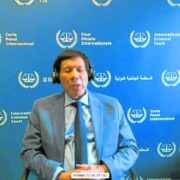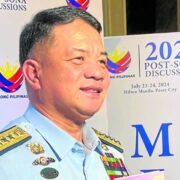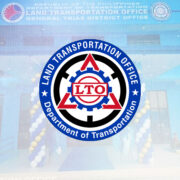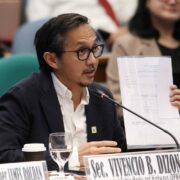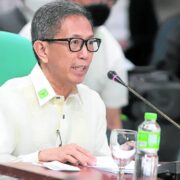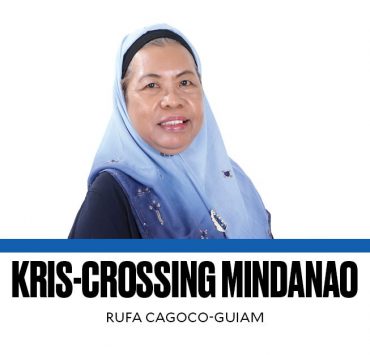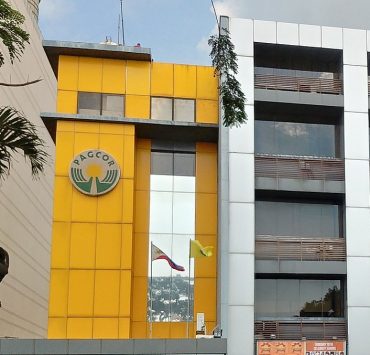Filipinos’ obsession with titles: A yardstick for influence and dominance?

Once, during class, a student addressed me as “Professor.” I told him, “You don’t need to address me (as) that.” He asked, “Why, sir? You are a teacher in the university.” I answered: “Not all teachers in the university can be called professors, and teaching in a university or college does not automatically make one a professor.”
I explained to the class that we Filipinos have this penchant for titles because they separate us from the crowd. Titles are often analogous to power, and they give identity not only to the bearer but also to the people closely associated with them.
For instance, if someone has a lawyer friend, they proudly mention that person as “Attorney.” Some lawyers even introduce themselves as “Attorney” to leverage their professional standing. This often becomes an implicit deterrent to confrontation because people assume that attorneys are trained to argue effectively.
Similarly, in academia, once a person earns a doctorate degree, they often abandon the title “Professor” or “Prof.” and instead use “Dr.” before their name.
I was once reprimanded for not addressing my superiors as “Doctor.” I often called them “Sir,” “Ms./Mrs.,” or “Ma’am.” During meetings, I felt like I was in a hospital because everyone addressed each other as “Doc” or “Doctor.” I always found this odd because “Professor” is an academic rank, and being called a professor represents the highest academic title bestowed by a university. Having that title means bearing the responsibility of contributing to the corpus of knowledge and professing the truth.
So why is the title “Dr.” often perceived as higher than “Professor”? All professors have doctoral degrees, but not all Ph.D. holders are professors. Is this because we associate “Doctor” with an advanced level of education and expertise in specific disciplines? But is it truly necessary to introduce oneself to laypeople with the title “Doctor,” or to emphasize having a Ph.D.?
Titles are sometimes used to take advantage of education to gain influence over others. This phenomenon is not exclusive to lawyers and Ph.D. holders but extends to various professions, including police and military ranks, where titles often carry privileges and authority.
A running joke among jeepney drivers illustrates this point. Those who avoid paying their fare sometimes excuse themselves by saying, “P.I., police ito,” implying that their title exempts them from paying.
This “title leverage syndrome” reflects a classic tale of power and corruption, and is often seen in societies with limited resources. As French sociologist Pierre Bourdieu observed, people need capital to rise. This includes social capital, where individuals attach themselves to those in power, and cultural capital, where titles contribute to social standing.
This obsession with titles often becomes a yardstick for influence and dominance. For those without titles, associating with those in authority becomes a way to gain a sense of importance. Name-dropping—such as “Kilala ako ni Mayor” (“The mayor knows me) or “Malakas ako kay Congressman” (“I’m tight with the Congressman”)—creates an illusion of power. Titles thus become landmarks of influence, sources of identity, and tools of patronage.
So, does our obsession with titles reflect the values we aspire to, or the insecurities we hide? Are we chasing respect through titles rather than through deeds and character? In the end, titles may be fleeting, but the truth we embody defines our legacy.
Sensei Adorador,
faculty member,
Carlos Hilado Memorial State University



